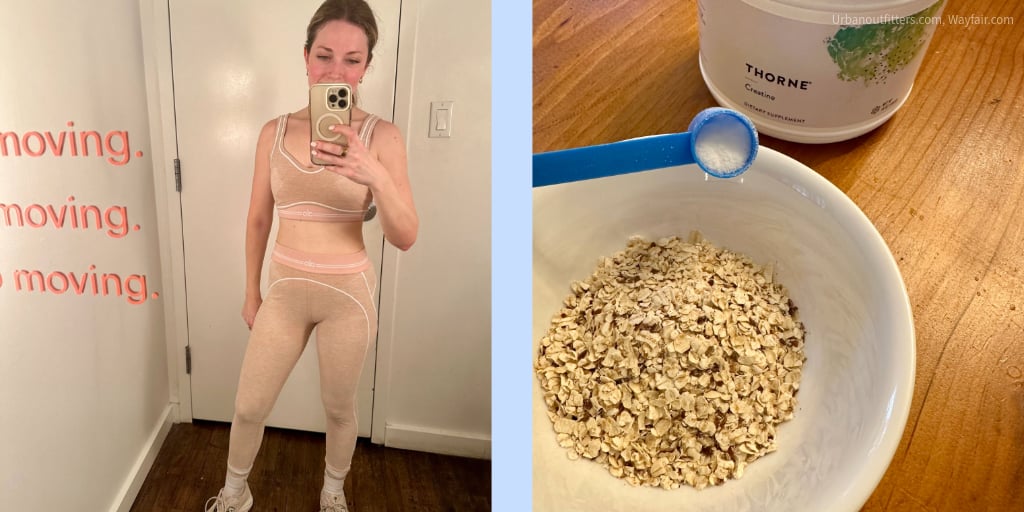“`html
Creatine Is the Darling Supplement of the Fitness Industry – but Is It Legit?
Creatine has earned its place as one of the most popular supplements in the fitness world, valued for its ability to boost muscle mass, enhance performance, and aid recovery. But amid the hype, many fitness enthusiasts and consumers wonder: Is creatine really legit? This article explores the science behind creatine, its benefits, concerns around supplement safety, and how trusted laboratories like Qalitex ensure product quality and regulatory compliance.
What Does Creatine Do?
Creatine is a naturally occurring compound found in muscle cells that helps produce energy during high-intensity exercise. Supplementation is shown to improve strength, power output, and lean muscle mass—as highlighted by multiple clinical studies and summarized by PopSugar. Commonly used by athletes and bodybuilders, creatine increases phosphocreatine stores in muscles, facilitating faster ATP regeneration and improved performance during repeated bursts of short-duration activities.
Is Creatine Safe and Legitimate?
The safety profile of creatine is well-established when consumed according to recommended doses. However, like any dietary supplement, product purity, ingredient authenticity, and absence of contaminants are critical — issues that cannot be overlooked. Variations in manufacturing practices can introduce risks such as heavy metal contamination or inaccurate labeling. This is where ISO 17025–accredited laboratories like Qalitex play an essential role.
How Qalitex Ensures Creatine Supplement Quality
Based in Irvine, California, Qalitex is an ISO 17025 accredited testing laboratory specializing in analytical chemistry lab testing and microbiology testing services. For creatine products, Qalitex provides a comprehensive suite of services to ensure safety, potency, and regulatory compliance, including:
- Heavy Metal Analysis for Supplements: Detecting contaminants like lead, arsenic, mercury, and cadmium that pose health risks (Heavy Metal Analysis).
- Shelf-Life and Stability Studies: Determining product stability over time to guarantee efficacy (Shelf-Life & Stability Studies).
- Certificate of Analysis (CoA) Testing: Generating verified reports detailing batch-specific quality parameters (CoA Testing).
- Method Development and Validation: Employing USP AOAC validated methods with custom validation to meet FDA and USP standards for accuracy in creatine testing.
- FDA Compliant Product Testing: Supporting manufacturers with documentation and testing needed to comply with federal regulations (FDA Compliant Testing).
Why Choose an ISO 17025 Accredited Lab like Qalitex?
An ISO 17025 accredited testing laboratory such as Qalitex guarantees accuracy, reliability, and international recognition of testing results. This accreditation means Qalitex has undergone rigorous audits to validate its technical competence and quality management systems, giving supplement brands and consumers confidence in the legitimacy of their creatine products.
Located locally in Southern California, Qalitex serves the fitness and nutraceutical industry by providing trusted, transparent testing services tailored for dietary supplements, including creatine powders and beverages.
Summary: Is Creatine Legit? The Verdict
Creatine remains one of the most researched and efficacious supplements for muscle performance enhancement. When sourced from a high-quality, rigorously tested product, creatine supplementation is both safe and effective. Partnering with comprehensive testing labs like Qalitex ensures that creatine products meet stringent standards for safety, potency, and compliance—ultimately protecting end-users and brands alike.
Frequently Asked Questions (FAQs) about Creatine and Qalitex Testing
1. How does Qalitex test creatine supplements for heavy metals?
Qalitex uses advanced heavy metal analysis techniques compliant with FDA and USP requirements to detect trace levels of harmful metals like lead, arsenic, mercury, and cadmium in creatine powders and beverages.
2. Why is ISO 17025 accreditation important for creatine supplement testing?
ISO 17025 accreditation confirms that Qalitex operates with high technical competence and follows globally recognized quality management systems, ensuring reliable and accurate creatine testing results critical for product safety and regulatory compliance.
3. What role does shelf-life and stability testing play for creatine products?
Shelf-life and stability studies determine how long creatine supplements maintain potency and safety under various storage conditions, helping brands optimize packaging and expiration dating.
4. How can Qalitex help creatine manufacturers meet FDA compliance?
Qalitex provides FDA compliant product testing including validated analytical methods and Certificate of Analysis (CoA) generation supporting accurate labeling and regulatory submissions.
5. Can Qalitex validate creatine testing methods according to USP AOAC guidelines?
Yes, Qalitex specializes in method development and validation using USP and AOAC validated standards to ensure precise quantification of creatine in complex matrices.
6. Where is Qalitex located and can it service supplement brands in Southern California?
Qalitex is located in Irvine, California, providing local and comprehensive testing services specifically optimized for Southern California supplement manufacturers and brands seeking ISO-accredited microbiology and chemistry testing.
Ready to ensure your creatine supplements meet the highest quality and safety standards? Get a personalized quote from Qalitex today and partner with a top-tier Southern California testing laboratory.
“`





